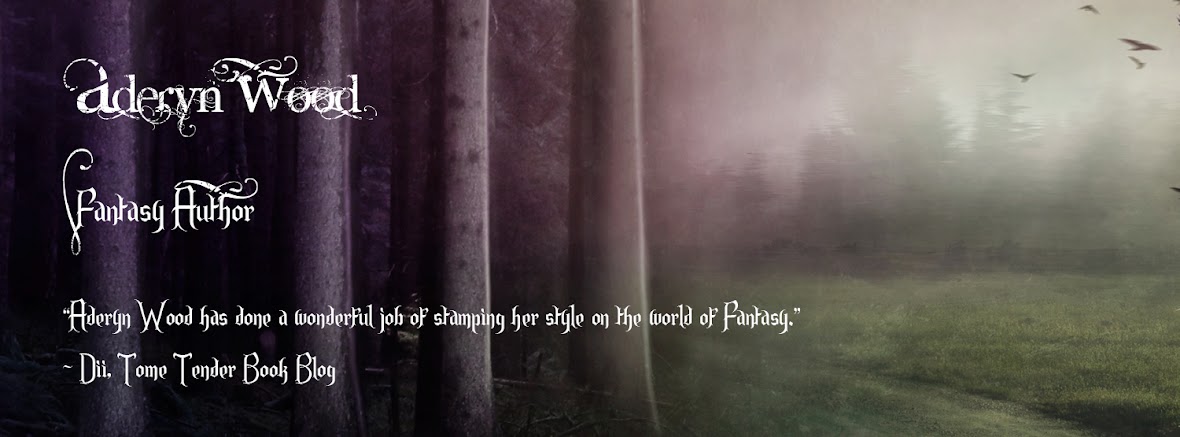Like the rest of the world, I'm a George R.R. Martin fan. I've always been a fan of fantasy, but Martin's brand is different. He's taken the genre to another level – one that's more 'real'. His characters experience problems of leaders and peasants from history. The magic remains mysteriously, and sometimes frustratingly, in the background. But it is all the more intriguing when it happens.
Like every other fan I am eagerly awaiting the release of the next novel of the series -
The Winds of Winter.
In the meantime, what to do? Well, I recently spent the afternoon listening to Martin in a couple of interviews and a podcast. Interesting stuff for fans and aspiring fantasy writers alike.
A Song of Ice and Fire
The whole thing came to him in the summer of '81 when he struck upon the idea of a wolf that gave birth to pups during a summer snow. The summer snow was very important. From this he wrote a chapter and once that was done he knew what would happen in the next chapter. He spent the rest of that summer writing what would become 'Game of Thrones'. I like the way he stopped writing to draw a map and fully imagine this world of Westeros.
I'm happy to report his favourite character in this series is Tyrion, with Arya coming a close second (same as yours truly). You may not be surprised to learn that Joffrey is loosely based on five to six people he went to school with (I think Joffrey reminds all of us of a few people we'd rather forget).
Martin often receives letters from people who complain about the detail of his sex scenes. Interestingly, he receives no complaints about the detail of violence in scenes. He states this seems to be typical of America today.
But Martin takes the opportunity to challenge, politely, the sexlessness of Tolkien's work. And it's an interesting point. Amid all the imaginative landscapes and creatures – humans, elves, dwarves, orcs, hobbits, trolls and more, imagined by Tolkein, they're all ... sexless. Martin hasn't shied from sex in his work, and this makes his characters and stories more realistic, despite the 'fantasy' label.
On Writing
Martin endorses four rules for writers, as espoused by Robert A. Heinlein:
- You must write.
- Finish what you write.
- You must market what you write.
- Refrain from rewriting - except on editorial feedback (endless fiddling with your story is not going to get you anywhere).
Martin adds two of his own rules to this list:
- Beginners should start with short stories – there is quite a demand for this in well renowned science fiction and fantasy magazines.
- Keep your day job, writing is a hard gig.
Other tidbits he said along the way:
- Martin's general philosophy for fantasy is to base it in reality, then get imaginative.
- Even good fantasy falls into the mistake of thinking the good man will become the good king – Tolkien does this with Aragorn. But societies are more complicated.
- The character is the heart of fiction. Make characters real.
- If everyone hates the villain and loves the hero – that's when we are dealing with cardboard. People are more complex.
Some words for thought, no?
http://www.youtube.com/watch?v=QTTW8M_etko
http://www.youtube.com/watch?v=MdSPFJcxCNM
https://itunes.apple.com/au/podcast/george-r.-r.-martin-podcast/id200114114




